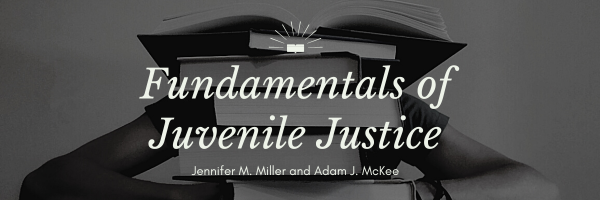Reading Assignment for Section 6.5
Read the following subsection from our online textbook:
What You Will Learn
This section explores the overlap between the child welfare and juvenile justice systems, focusing on the pathways that lead to crossover youth. You will learn about the challenges faced by crossover youth, including the impact of abuse, instability, and lack of support services, as well as how to address these issues. The section also discusses strategies for improving outcomes, such as cross-system collaboration, trauma-informed practices, and policy reforms that prioritize prevention and early intervention.
Student Learning Outcomes for Section 6.5
- SLO 1: Explain the pathways that lead from child welfare to juvenile justice, including the impact of abuse, placement disruptions, lack of support services, and system-induced criminalization.
- SLO 2: Describe the challenges faced by crossover youth, including their complex needs, conflicting goals between systems, lack of coordination, and potential for further traumatization.
- SLO 3: Discuss strategies for improving outcomes for crossover youth, including cross-system training, information sharing protocols, joint case planning, specialized programs, and trauma-informed practices.
- SLO 4: Evaluate diversion and prevention efforts such as family-focused interventions, mentoring for foster care youth, school-based social-emotional programs, and community initiatives addressing risk factors.
- SLO 5: Analyze the policy implications of addressing crossover youth needs, including the need for systemic reforms, policies prioritizing prevention and early intervention, and funding models supporting integrated approaches.
Modification History File Created: 04/26/2024 Last Modified: 11/20/2024
[ Text Section | Back | Contents | Next ]
You are welcome to print a copy of pages from this Open Educational Resource (OER) book for your personal use. Please note that mass distribution, commercial use, or the creation of altered versions of the content for distribution are strictly prohibited. This permission is intended to support your individual learning needs while maintaining the integrity of the material.
This work is licensed under an Open Educational Resource-Quality Master Source (OER-QMS) License.

